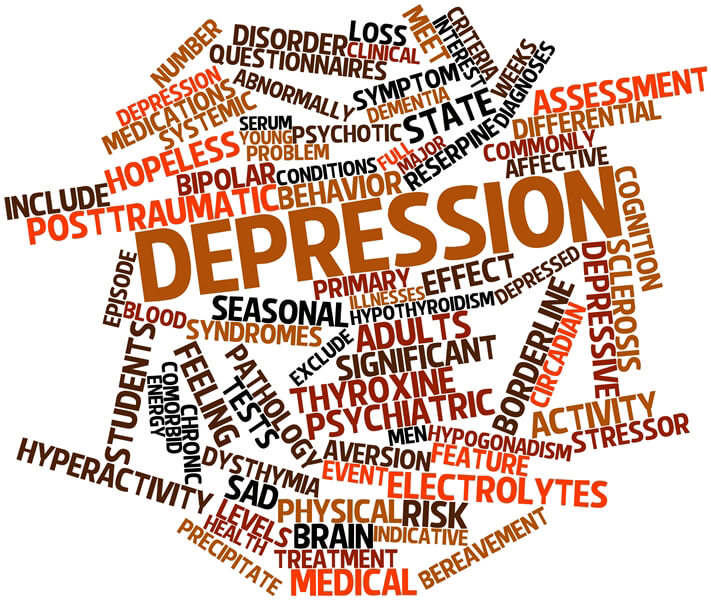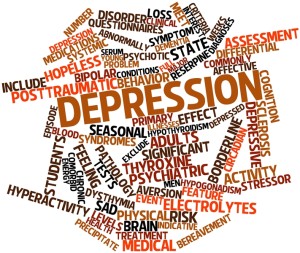
Incorrect Initial Diagnosis – What Went Wrong?
 The incidences of disorders such as ADHD, Bipolar Disorder, and Autism continue to rise. Regardless of which one you are dealing with, chances are that you have been misdiagnosed at some point or another along your journey to obtaining the right treatment and diagnosis. Incorrect diagnoses can be extremely frustrating, as well as discouraging when it comes to finding the right kind of treatment for your condition.
The incidences of disorders such as ADHD, Bipolar Disorder, and Autism continue to rise. Regardless of which one you are dealing with, chances are that you have been misdiagnosed at some point or another along your journey to obtaining the right treatment and diagnosis. Incorrect diagnoses can be extremely frustrating, as well as discouraging when it comes to finding the right kind of treatment for your condition.
The Effects of an Incorrect Diagnosis
Being incorrectly diagnosed means that your treatment is delayed. Your doctor likely tried some techniques — perhaps a combination of medication and therapy — to provide concrete results. The wrong combination of these means that your symptoms are not going to abate like you thought they would. In some cases, your symptoms could become worse. You might also lose confidence in your doctor’s abilities to help you get the help you need — now and in the long term.
Incorrect Mental Health Diagnosis is Common
Perhaps it will make you feel better to know that being incorrectly diagnosed is actually a fairly common occurrence. It helps to keep things in perspective if you remember that medicine — in spite of its many breakthroughs — is still an inexact science. In many cases, your doctor is simply making an educated guess based on his or her training, education, and experience.
- Everyone is different: Just because your neighbor was diagnosed with Asperger’s, and you both have similar symptoms, does not mean that you will have the same diagnosis as well. It could be that you present with other symptoms that earn you a different diagnosis, such as Autism or OCD.
- Conditions often overlap: Many of the conditions listed are very similar — at least when examined initially. Are you avoiding social interactions because of Borderline Personality Disorder or because you are in a depressive state from Bipolar Disorder? Teasing out the intricacies of each condition and their applications to your own life can be an ongoing and evolving process.
- Communicating can be difficult: It can be a challenge to open yourself up and become vulnerable by telling your doctor what is going on with you. After all, you likely realized at some point that you act differently than your peers in some situations. These differences can often make you feel uncomfortable. You also might not realize what information is important enough to matter when it comes to telling your doctor. Though she or he will do their best to tease out the necessary facts, it is often something that will only come to light with the passage of time.
The important thing to remember is that you are not alone in all this. There are many people who must live with the same conditions that you do. You also will find more success if you keep an open mind when it comes to treatment. New techniques and medications are being introduced all the time. One of these could be the key to you finding long-term relief.
